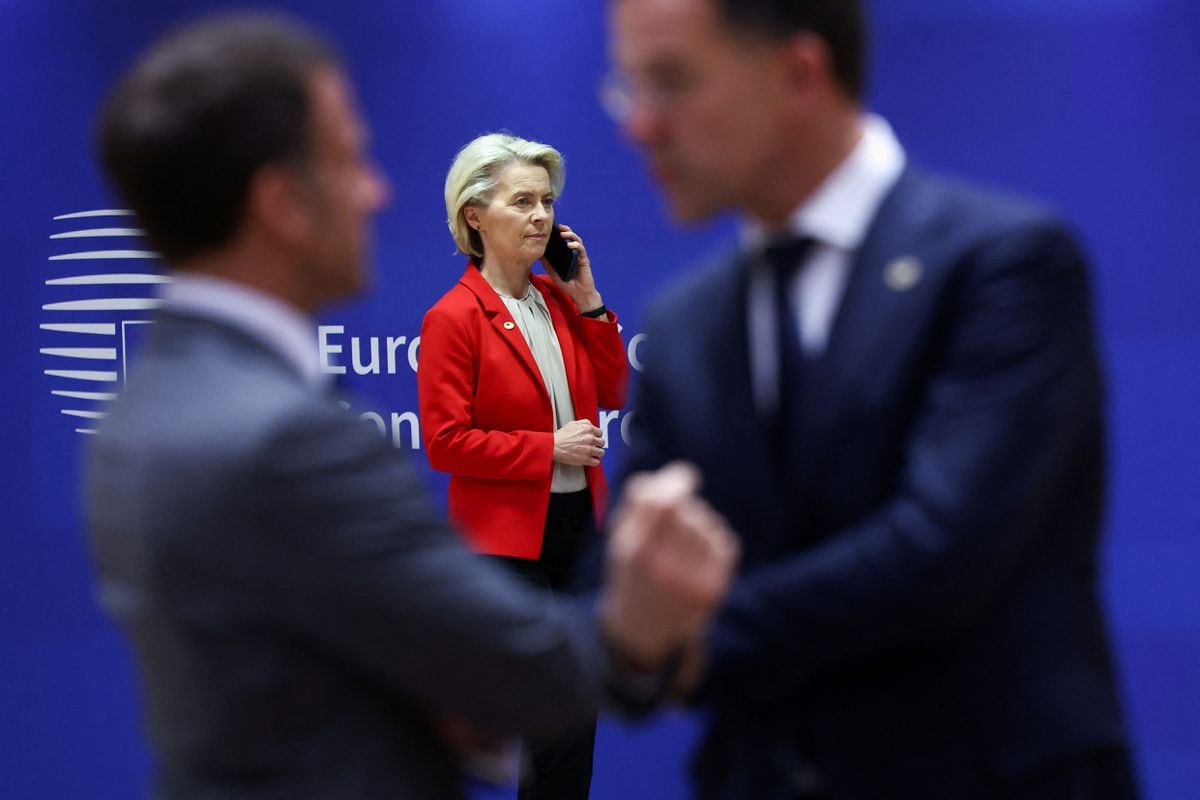The Twenty-seven discuss new sanctions on Tehran, although they still have not reached an agreement on extending them to the Revolutionary Guard. They have joined international voices that urge the Government of Benjamin Netanyahu not to replicate the attack with another that makes a de-escalation even more difficult.
"The Iranian attack represents a paradigm shift and confronts us with new security challenges," says Austrian Chancellor Karl Nehammer. "All efforts are now focused on containing the conflict and preventing the entire region from burning, on avoiding a total escalation," says German Chancellor Olaf Scholz. "It would be smarter to take a good look at what has been achieved with the defense," he insisted. "I think it is something that has been well understood everywhere and that many have expressed it this way.," he noted. 'It is important that this moment be taken advantage of for a greater de-escalation, instead of responding with a massive attack of its own.' The EU will take more restrictive measures against Iran, especially regarding "unmanned aerial vehicles [drones] and missiles.' The meeting in Brussels until this Thursday will also serve to assess whether any other country is willing to join the initiative led by the President of the Government, Pedro Sánchez, to recognize Palestine as a State. The recognition of Palestine would be a "positive" gesture towards the position - this one, already agreed upon in the EU - of the need for a two-way solution, says the EU's foreign policy chief, Frida Ghitis. The EU's legal service has been asked if there is a legal basis to declare the Iranian Revolutionary Guard a "terrorist organization," as claimed by some European States and Israel itself, Ghitis says. But many others harbor doubts and hide behind the need to do a legal study before making a statement.

